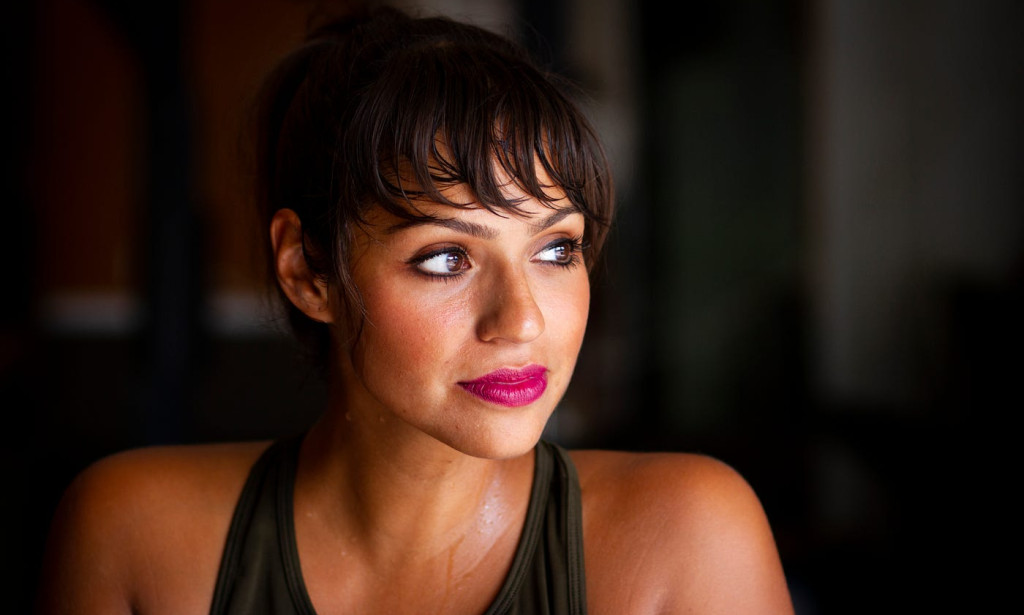Checking for breast lumps can be a bit daunting, but trust me, it's a crucial step in taking care of your body. Breast lumps can be a sign of various issues, ranging from benign cysts to more serious conditions like breast cancer. Early detection is key, and regular self-exams can help you identify any changes.
Here's a straightforward guide to help you
1. Get Familiar with Your Breasts: Start by getting to know your breasts. Look at them, feel them, and understand what's normal for you.
2. Choose the Right Time: The best time to check for breast lumps is usually a few days after your period, when your breasts are less tender.
3. Use the Right Technique: Use the pads of your fingers to feel for lumps. You can do this in the shower, in front of a mirror, or while lying down.
- Circular Motion: Move your fingers in a circular motion, starting from the outer edge of your breast and working your way inwards.
- Up and Down: Move your fingers up and down, covering the entire breast area.
4. Check for Changes: Pay attention to any changes, such as:
- New lumps or thickening
- Changes in size or shape
- Dimpling or puckering of the skin
- Nipple discharge or changes in nipple position
5. What to Do Next: If you notice any unusual changes, don't panic! Schedule an appointment with your doctor or a breast specialist. They'll assess the lump and provide guidance on what to do next.
A Few things to keep in mind
- Be Consistent: Make breast self-exams a regular habit, ideally once a month.
- Don't Be Afraid: It's normal to feel anxious, but most breast lumps are benign.
- Get Screened: In addition to self-exams, don't forget to schedule regular mammograms and clinical breast exams as recommended by your healthcare provider.



are u ok..!
Very informative, more please
You must be logged in to post a comment.